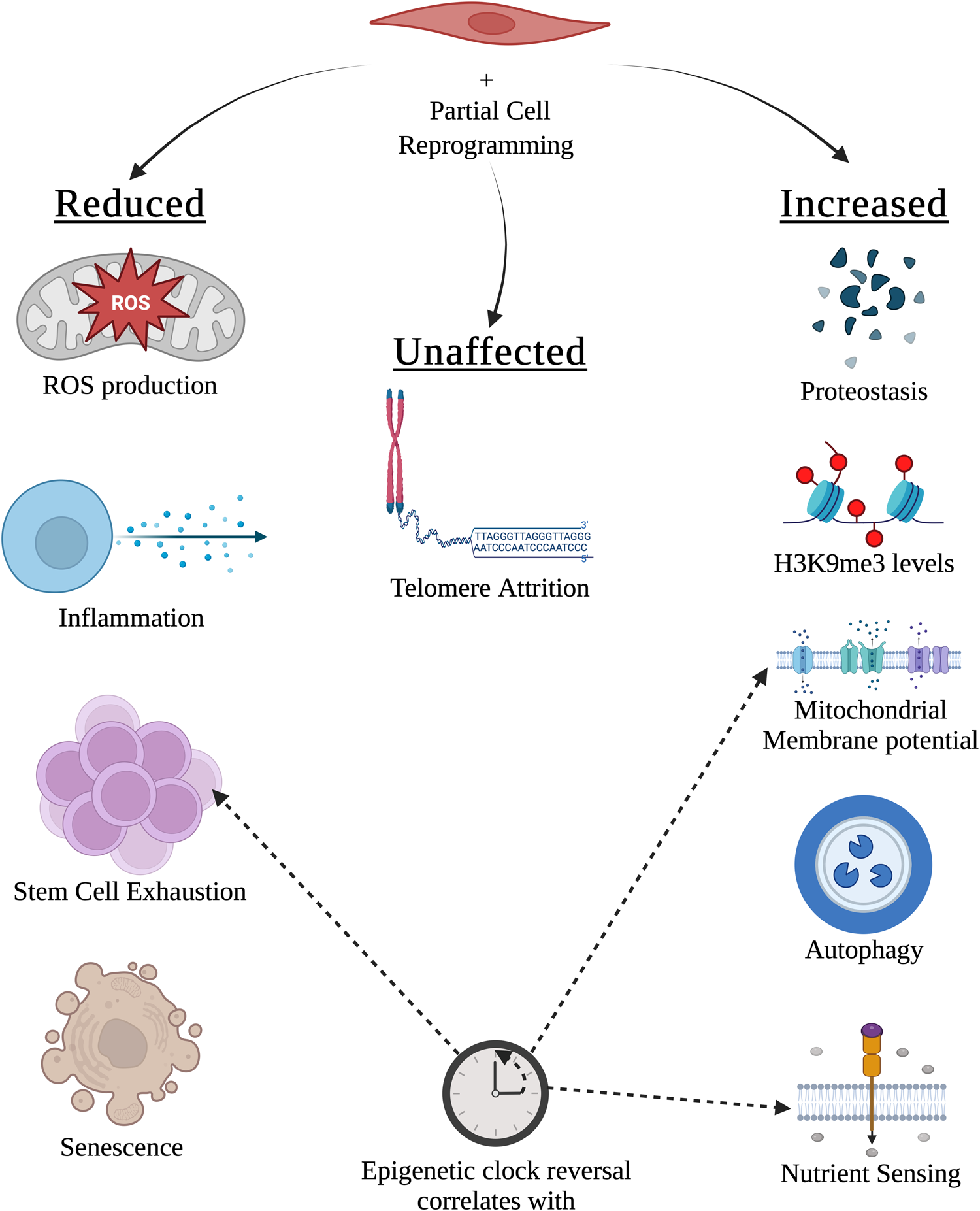Genomic Technologies Redefine Cellular Reprogramming, Paving Way for Advanced Therapies

A recent publication in the prestigious journal Nature is shedding new light on the revolutionary advancements in cellular reprogramming, driven by cutting-edge genomic technologies. The study underscores how these innovations are fundamentally altering the landscape of regenerative medicine and disease research. Computational biologist Stephen Turner brought attention to this significant development, tweeting, > "Redefining cellular reprogramming with advanced genomic technologies."
Cellular reprogramming, a groundbreaking technique, involves converting one cell type into another, offering vast possibilities for therapeutic applications. Advanced genomic tools, including CRISPR-Cas9, single-cell sequencing, and epigenome editing, are significantly enhancing the precision and efficiency of these complex reprogramming efforts. These technologies allow scientists to gain unprecedented control over the genetic and epigenetic factors that dictate cell identity and function.
The integration of these genomic advancements is pivotal for developing more targeted and effective reprogramming strategies. The Nature article emphasizes the transformative potential of techniques like induced pluripotent stem cells (iPSCs) and direct lineage conversion. Such progress facilitates the precise control of gene expression and epigenetic modifications, crucial for stable cell fate changes.
This research holds immense promise for personalized medicine, enabling the generation of patient-specific cells for drug discovery and cell-based therapies. Experts in the field, like Stephen Turner, frequently highlight such impactful scientific publications, emphasizing the ongoing evolution of genomics and its application in biomedical research. The continuous refinement of these technologies is moving the scientific community closer to clinical applications that could address a wide range of diseases.